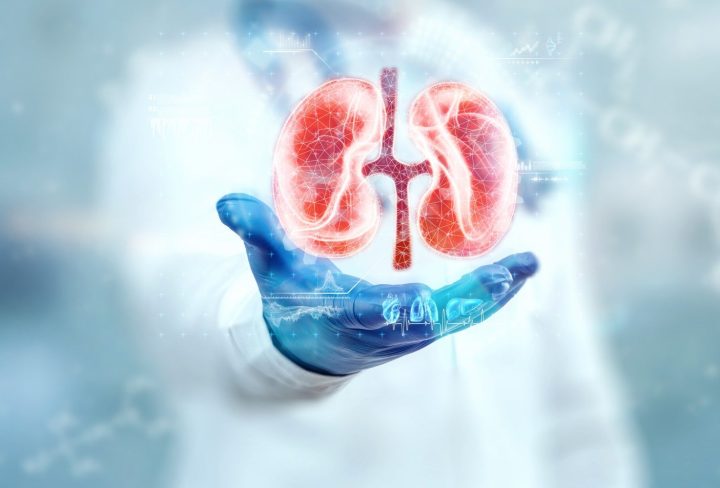Chronic Kidney Disease (CKD) is a condition that affects the function of the kidneys. This disease can lead to kidney failure if left untreated, making it important to recognize the symptoms and causes of CKD. In this blog, we will discuss the definition, symptoms, causes, and more about CKD.
Definition: Chronic Kidney Disease is a condition that occurs when the kidneys lose their ability to filter waste products from the blood. This results in a buildup of toxins in the body that can cause serious health problems, including kidney failure.
Symptoms: The symptoms of CKD can vary depending on the stage of the disease. In the early stages, there may be no symptoms, but as the disease progresses, symptoms may include:
- Fatigue
- Swelling in the legs, ankles, feet, or face
- Urinary changes, including frequent urination or decreased urination
- Blood in the urine
- High blood pressure
- Nausea or vomiting
- Shortness of breath
Causes: There are many causes of CKD, including:
- Diabetes: High blood sugar levels can damage the blood vessels in the kidneys.
- High blood pressure: The force of blood against the walls of the blood vessels can damage the kidneys over time.
- Glomerulonephritis: This is a condition that causes inflammation in the kidneys, leading to damage.
- Polycystic kidney disease: This is an inherited condition that causes cysts to form in the kidneys, leading to damage.
- Pyelonephritis: This is a kidney infection that can cause damage to the kidneys if left untreated.
Diagnosis: CKD can be diagnosed through a blood test that measures the level of creatinine, a waste product that builds up in the blood when the kidneys are not functioning properly. A urine test can also be used to check for the presence of protein in the urine, which can be a sign of kidney damage.
Treatment: The treatment for CKD depends on the underlying cause of the disease. In some cases, medications may be used to control high blood pressure or blood sugar levels. In other cases, dialysis or kidney transplant may be necessary to treat kidney failure.
Prevention: Preventing CKD involves managing underlying health conditions that can lead to kidney damage, such as high blood pressure and diabetes. It is also important to avoid substances that can damage the kidneys, such as tobacco and excessive alcohol consumption.
Chronic Kidney Disease is a serious condition that can lead to kidney failure if left untreated. Recognizing the symptoms, understanding the causes, and getting diagnosed early can help prevent serious health complications. By managing underlying health conditions and taking steps to prevent kidney damage, we can reduce the risk of developing CKD and keep our kidneys healthy.
